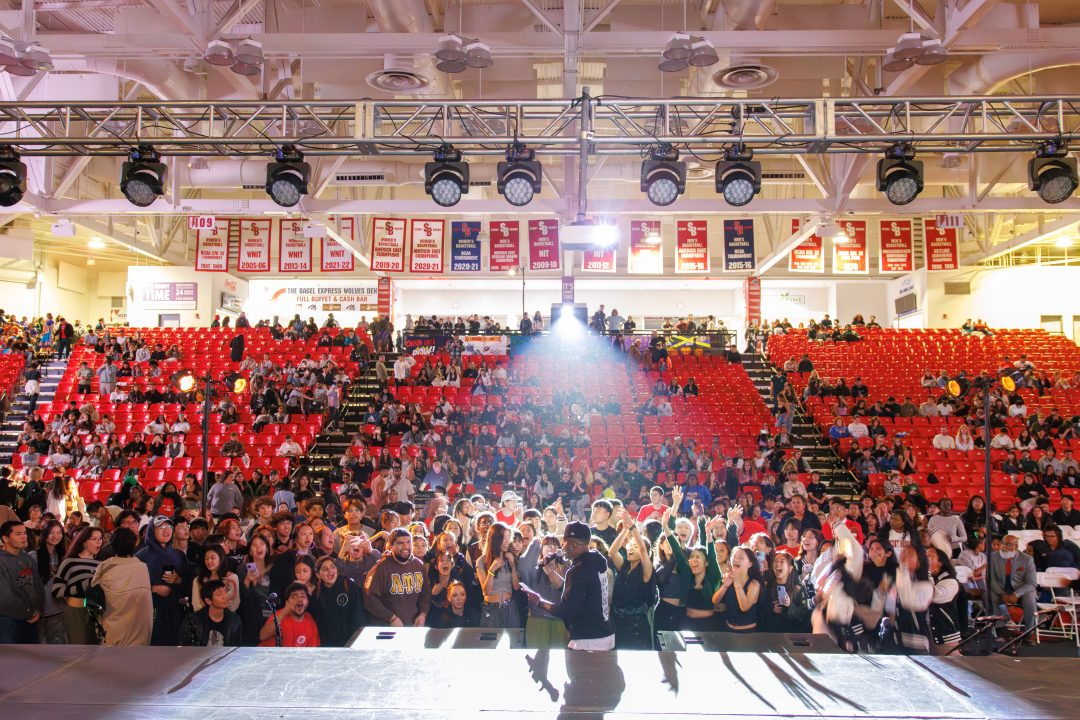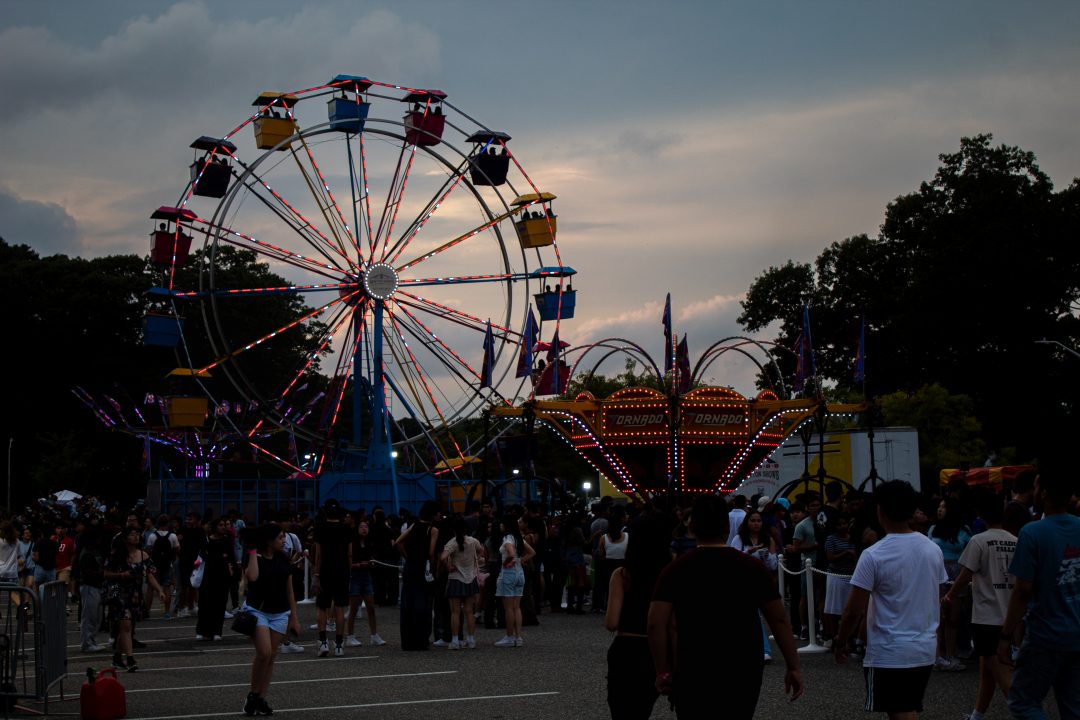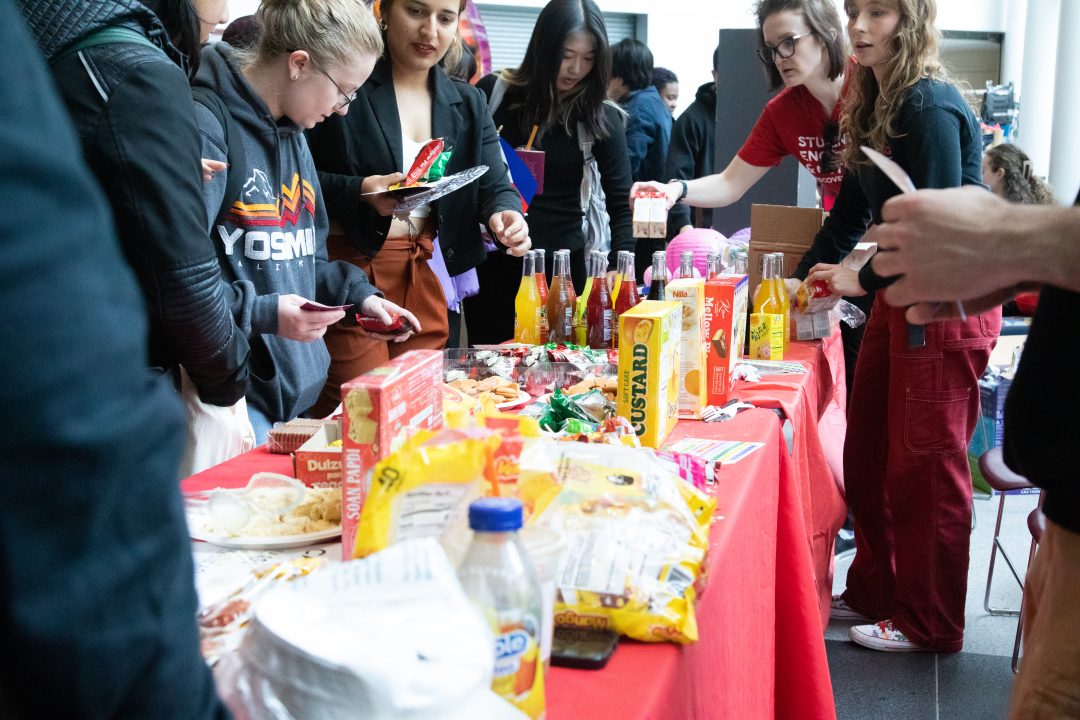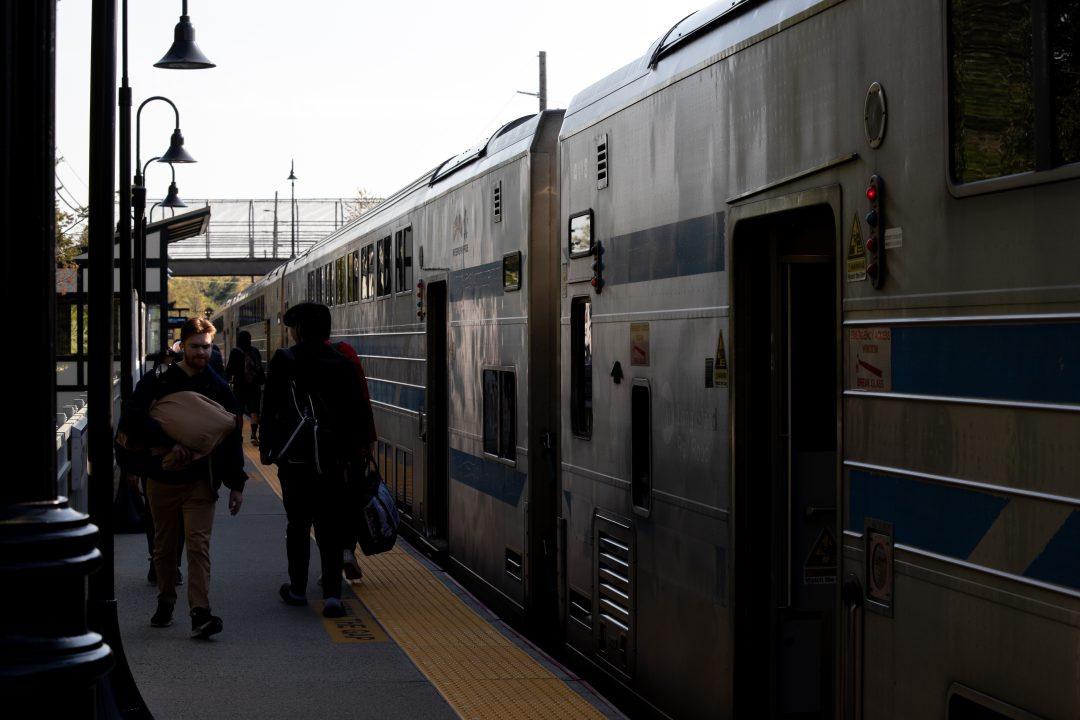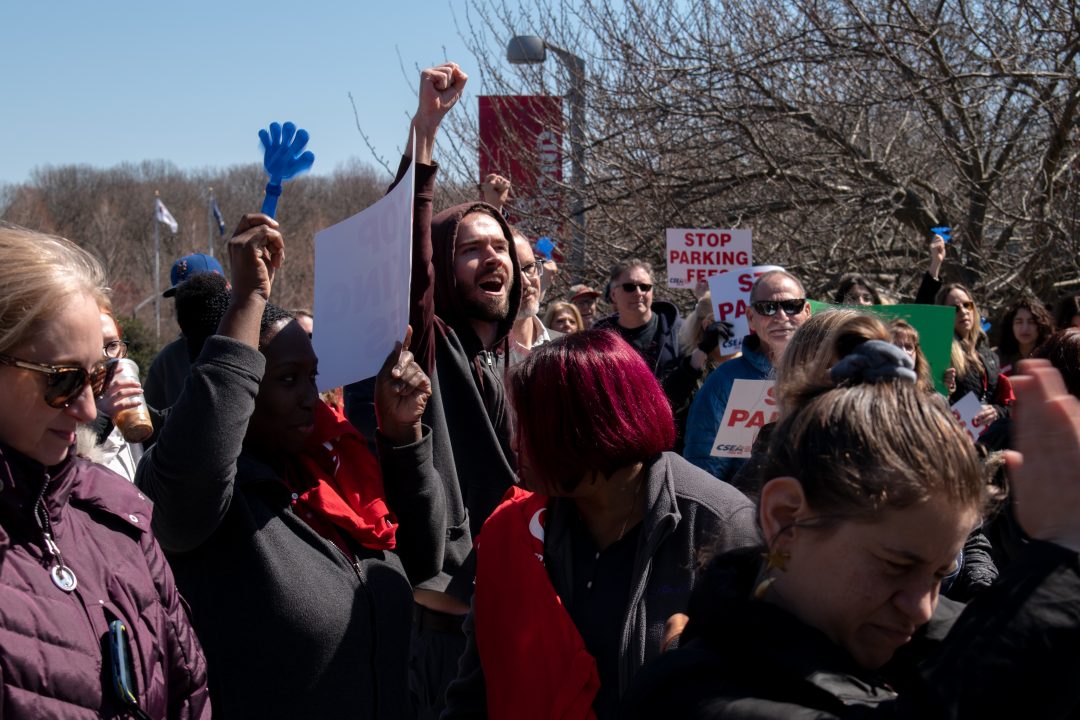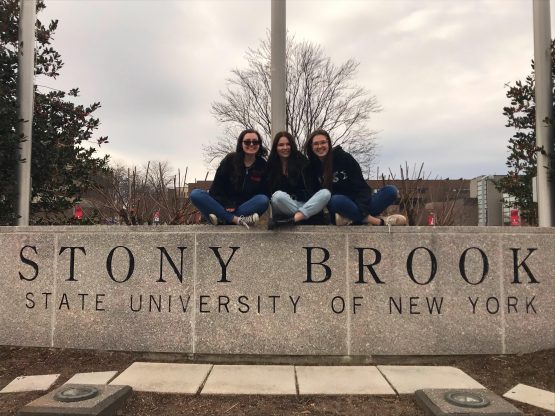
The Class of 2020 will be the first Stony Brook University graduates to experience their last moments of college from a computer screen.
Although rumors that Stony Brook would switch to online classes started swirling around campus on March 9, the reality of the pandemic didn’t settle in until the university officially broke the news two days later. Seniors felt their final semester closing early.
Duffy Zimmerman, a senior studying journalism and a resident assistant in West Apartments, says the initial rumors didn’t feel as consequential as they ended up being.
“It kind of seemed like one of those things that would be like, oh, this will be an interesting couple of weeks and then we’ll come back and just kind of talk about it and laugh about it and go on with our lives,” Zimmerman said. “But then things started getting a lot more serious.”
As more news came out about the coronavirus (COVID-19), Zimmerman, like many other seniors, slowly realized his last semester as an undergraduate would drastically change. Online classes weren’t the only change made in reaction to COVID-19. Club meetings and campus events were canceled, and students were mandated to vacate student housing.
Zimmerman will miss his final performance with his acapella group, the Stony Brook High Cs. He will miss out on his last time eating at the dining halls, his last Roth Regatta and even his own commencement. But, something Zimmerman said he will miss the most this semester, is his chance to say goodbye.
“I think that what I had expected was more of a vibe of getting to say goodbye to things,” Zimmerman said. “It’s just not like one experience that I felt was kind of taken away. It’s just kind of a whole set of experiences that I feel like I’ll never be able to actually get back no matter how hard you try.”
Krislyn Rodriguez, a senior studying environmental humanities and Latin American and Caribbean studies, felt relief when she first heard that classes would go online. With online classes, Rodriguez could focus on her job as a childcare worker and find more time to relax.
But then life began to change and online school wasn’t the only adjustment she had to make. Her hours were cut back at her job, her plans to teach kids in Spain after graduation might be upended and the social life she hoped for in her final semester, like sitting on Staller Steps on a warm, sunny day or getting lunch with friends, would no longer happen.
“I was looking forward to the last moment I would have with my college friends before we went from college friends to adults,” Rodriguez said. “Like real, real adults with full-time jobs.”
But Rodriguez’s last semester meant more than honoring her own accomplishments. As an e-board member of the Latin American Student Organization (LASO), Rodriguez had planned on dedicating their end-of-the-year pageant, Belleza Universal, to Jade Diaz, a close friend and a LASO member who had passed away shortly after her graduation last year.
“People are like, okay the pageant is canceled, that is sad, we put in time, money and effort,” Rodriguez said. “But for me personally, and I know for a few other people, this is Jade’s thing. This is how we would honor her and keep her alive.”
For Melanie Fales, a senior and Stony Brook’s last theatre major, the university’s decision to go remote impacted so much more than just her senior experiences.
Last year, Fales was promised that she’d be able to showcase her senior independent project, a musical she wrote herself. Fales has been working on writing, directing and casting her show, called “Casual Fridays,” for the past two years. It is a story based on her experiences being bullied by a manager as a Friendly’s waitress.
“They were like, yeah maybe you could just film it and put it online, but now with everyone getting kicked off campus that’s just not happening,” Fales said. “[The musical] was the main thing I was looking forward to.”
Fales is compiling an album of the songs from her musical instead. She’s relying on her cast to send her audio recordings of themselves singing. Her graduation will mean an end to Stony Brook’s theatre program, which suspended admissions three years ago.
Besides her musical being canceled, Fales said she and a friend split ways earlier than expected. Anna Young, a student from England studying at Stony Brook for the Spring 2020 semester, flew home when students were asked to vacate the campus. They were looking forward to attending campus events together, like Roth Regatta, something Fales said she didn’t take advantage of in the past.
Haley Ryan, a senior double majoring in chemical engineering and applied mathematics, said she’s found it difficult to part with a campus she’s called home for the past three and a half years, and with friends who have become more like family.
She is the vice president of the American Institute of Chemical Engineers and the president of Deja Vu Dance Team. She says leaving her close-knit dance team has been one of the hardest transitions since clubs were told they could no longer physically meet.
“I missed out on the feeling of having a last performance and a last practice and a last in-person election and the last time I’m going to be able to see a lot of those people,” Ryan said.
She had been looking forward to enjoying simple moments like the Strawberry Festival and going to Port Jefferson with friends. In fact, Ryan said she took on extra workloads during her first three years to ensure a fun final year at Stony Brook.
For all of these seniors, it wasn’t the big events, the senior shows or even graduation they would miss the most about Stony Brook. It was the people, and the moments that had left with them, that they would miss the most. They don’t know if they will ever see some of them again — or at least for a while.
Almost all these seniors said they would consider attending a postponed graduation, but they agreed it just wouldn’t be the same.
“We’re all going to look back on this time, this last half of our last semester, and we’re going to kind of think what would have happened if the response nationally and globally had been stronger,” Zimmerman said. “For a whole generation, a whole class, to have worked this hard and did not get that experience, I think it’s going to be a formative and kind of unifying time.”











